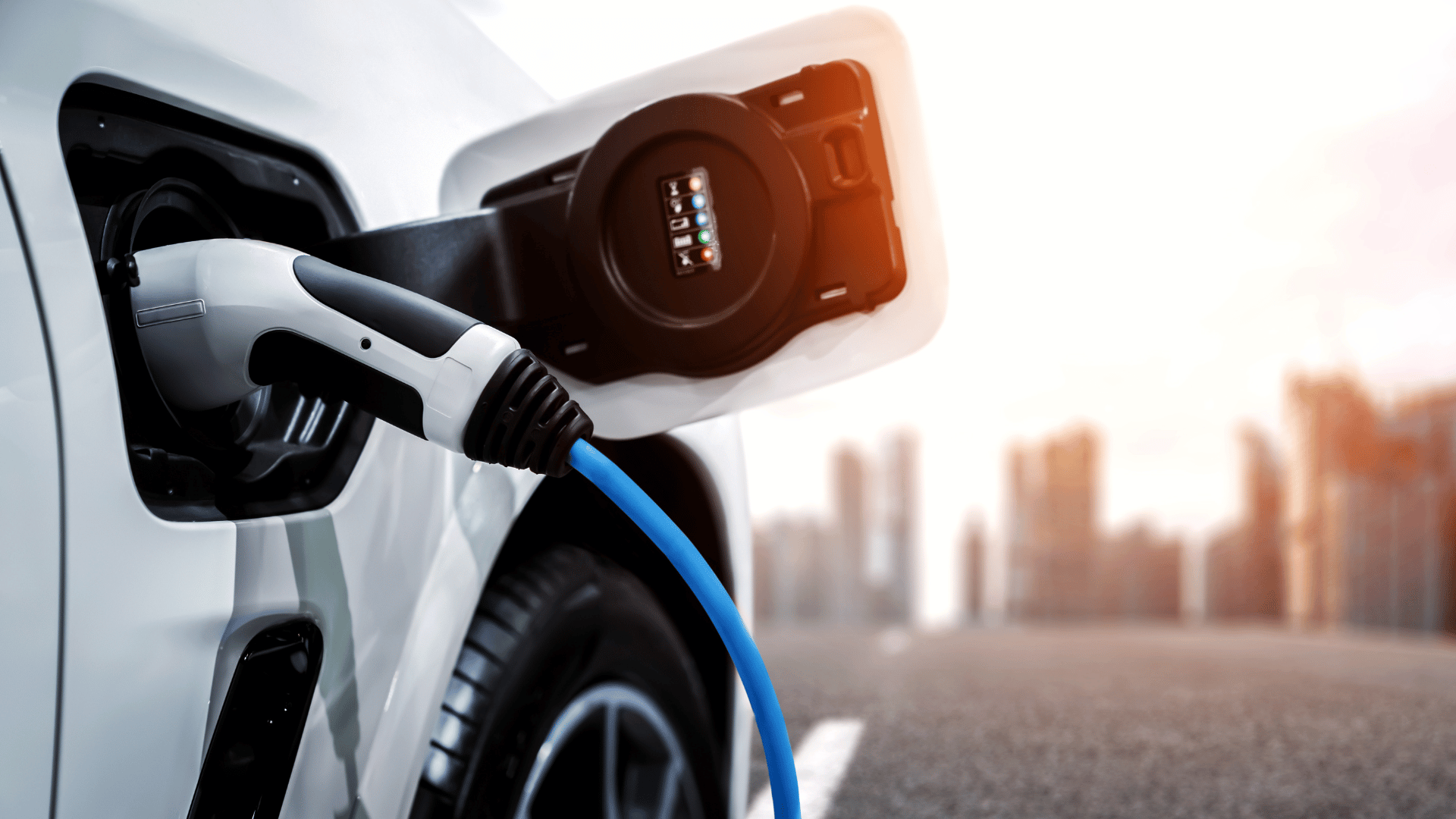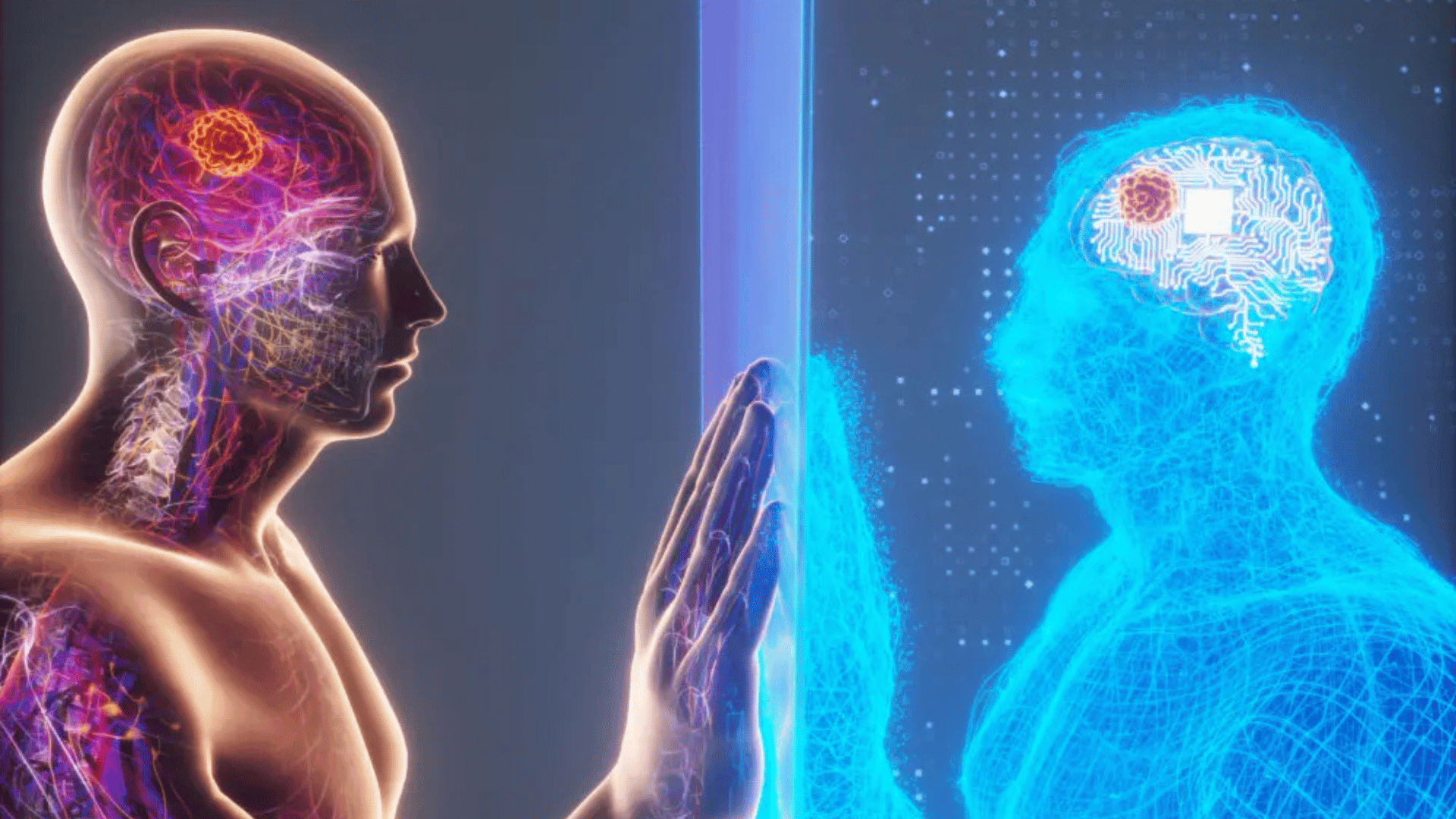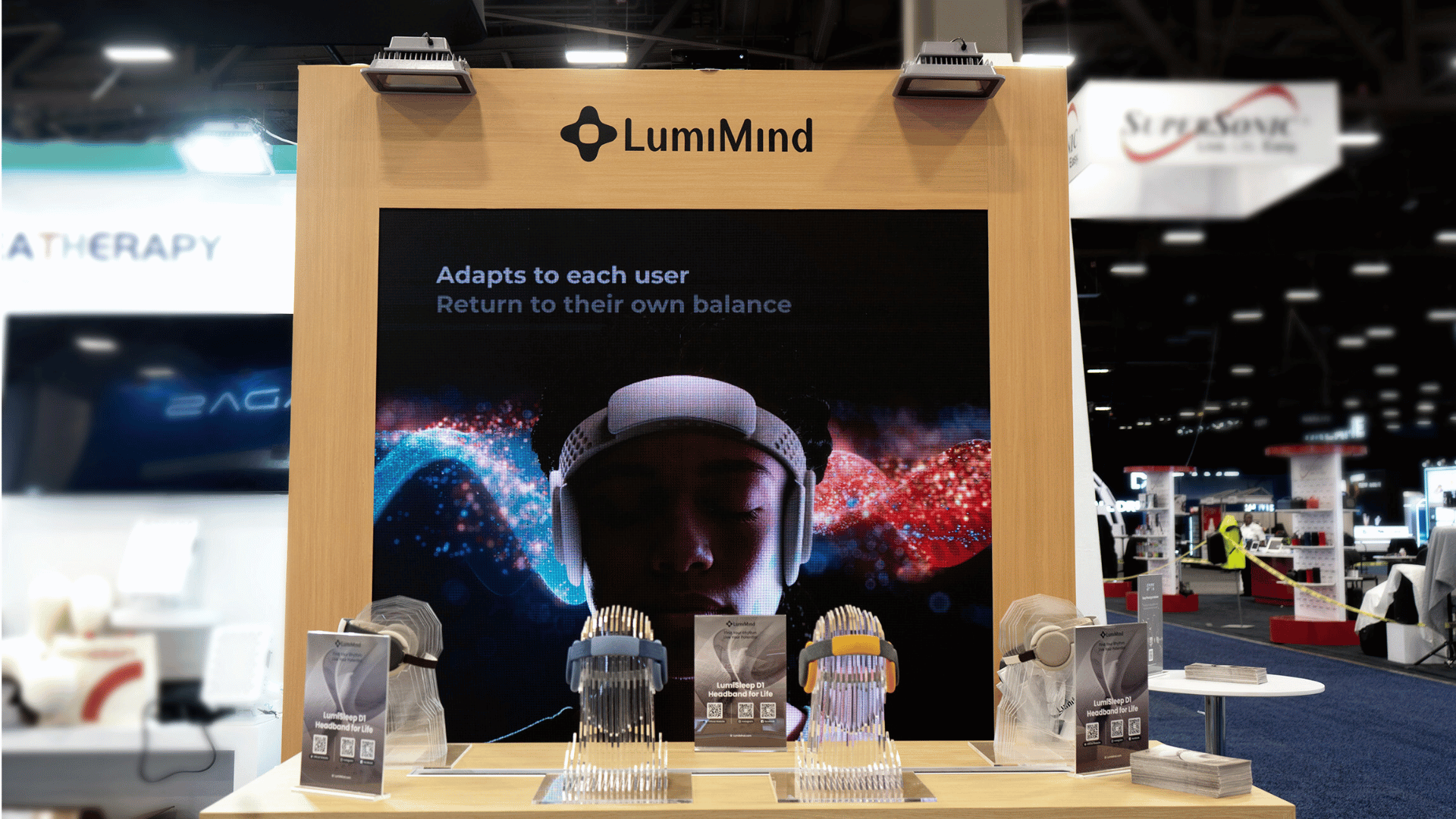A breakthrough in EV battery technology could drastically change the automotive industry. Researchers at the Korea Advanced Institute of Science & Technology (KAIST) developed a new type of battery technology that could extend an EV’s driving range, enhance the battery’s lifespan, and significantly reduce charging times.
A research team from the Frontier Research Laboratory (FRL) developed a “cohesion-inhibiting new liquid electrolyte” that reportedly tackles the ongoing problems of dendrites in lithium-metal batteries.
According to KAIST, the new battery technology has a potential range of almost 500 miles on a single charge. A conventional lithium-ion battery’s maximum range is currently about 370 miles. Additionally, the new battery has an impressive lifespan of over 180,000 miles and charges in 12 minutes.
New Tech Extends Battery’s Lifespan and Range

The key to KAIST’s advancement is using lithium metal instead of the crucial lithium-ion component, graphite anode. However, this approach has historically been halted by dendrites.
KAIST researchers say dendrites are lithium crystals that grow on the anode during charging. As a result, the battery’s performance and stability are negatively affected. This issue is particularly evident during rapid charging because it can lead to internal short-circuits.
FRL’s joint research team discovered that dendrites form during rapid charging because of a non-uniform interfacial cohesion on the surface of the lithium metal. They solved this problem with the new liquid electrolyte.
According to the researchers, the electrolyte utilizes an anion structure with a weak binding affinity to lithium ions. In turn, it effectively suppresses dendrite growth, even during fast charging.
“This research has become a key foundation for overcoming the technical challenges of lithium-metal batteries by understanding the interfacial structure,” said KAIST Chemical and Biomolecular professor Hee Tak Kim. “It has overcome the biggest barrier to the introduction of lithium-metal batteries for electric vehicles.”
This new technology overcomes the slow charging speed that has historically limited existing lithium-metal batteries while maintaining a high energy density. Researchers believe the innovative battery technology could pave the way for a new generation of high-performance EVs.







